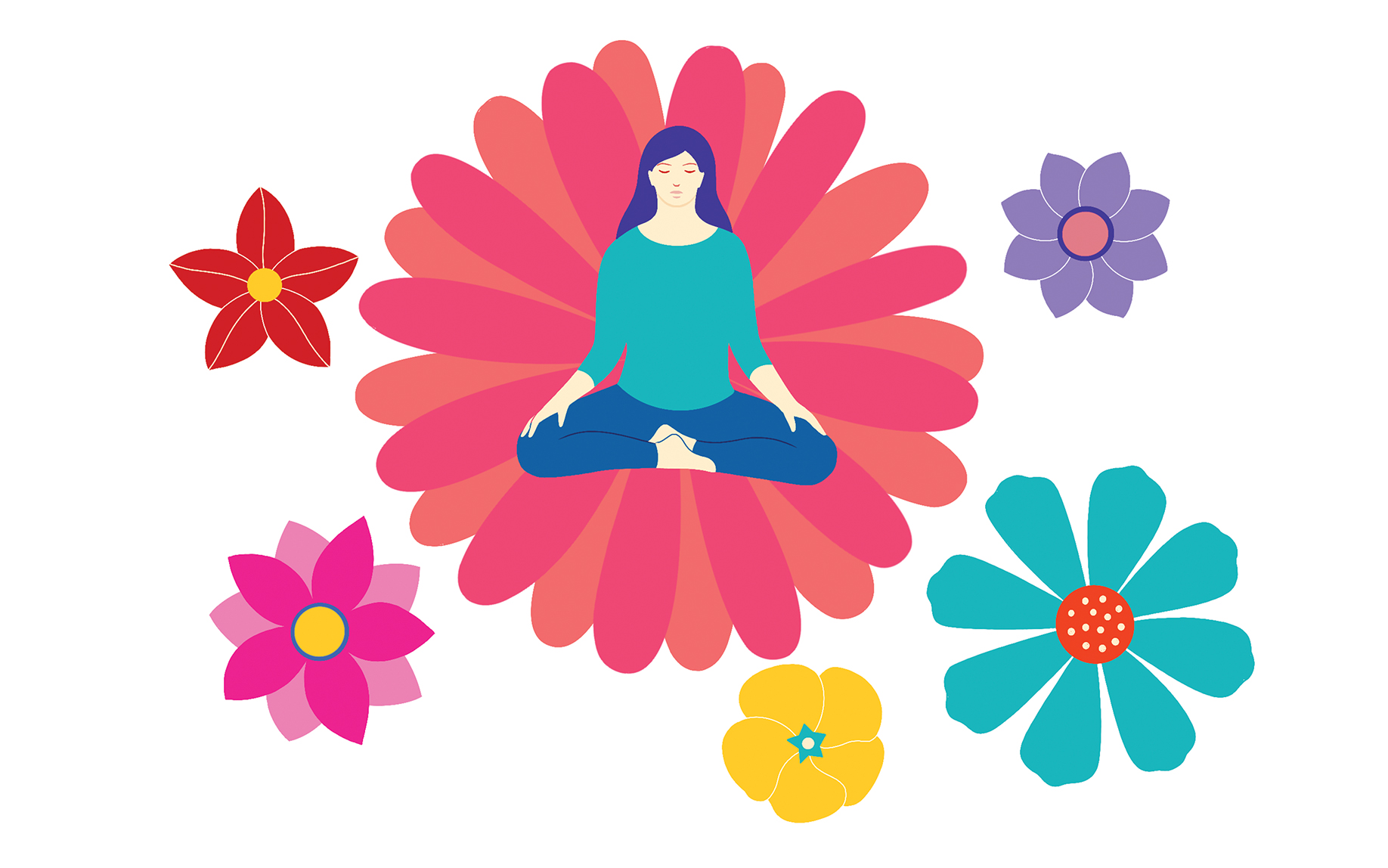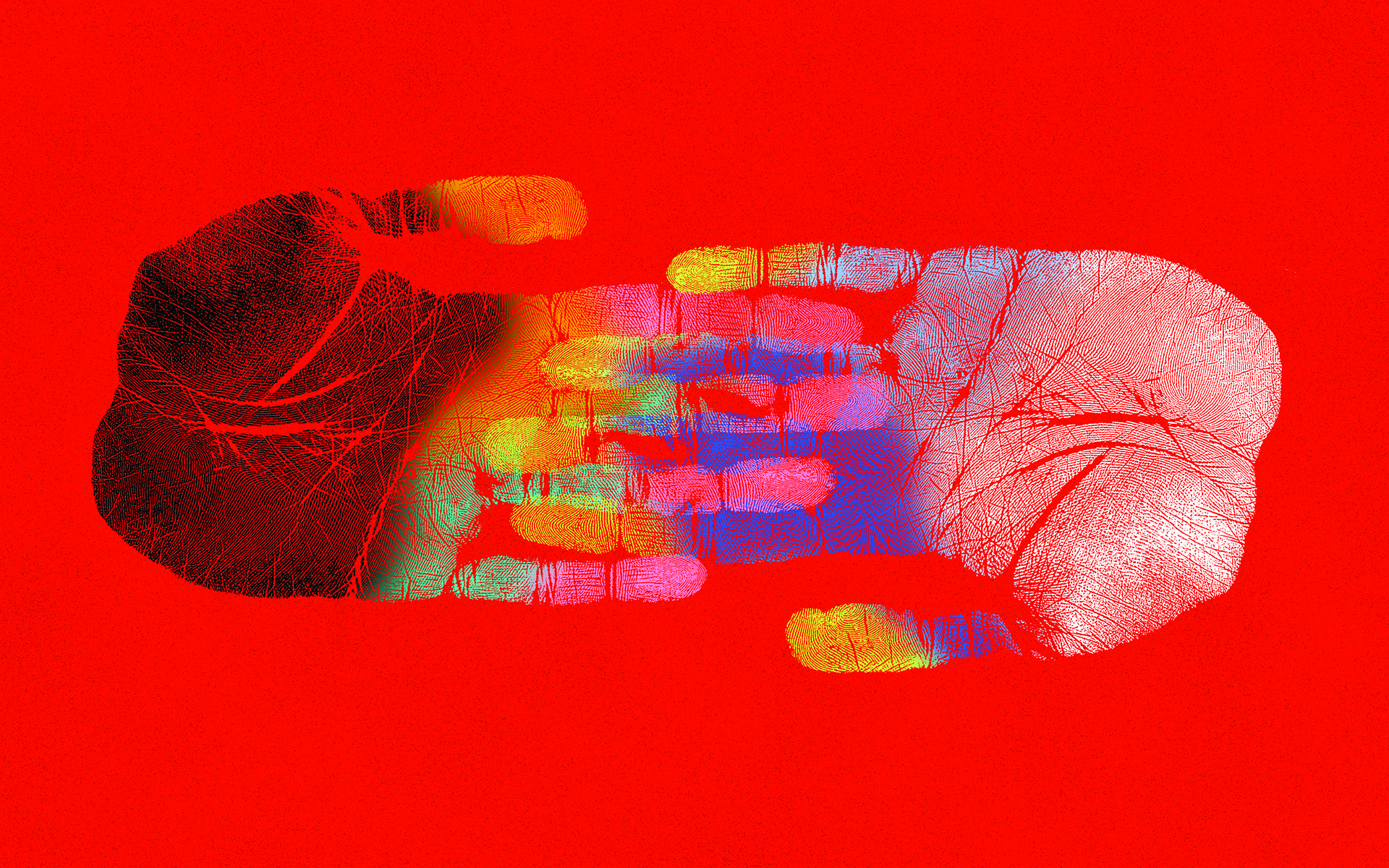5 Mindfulness Books to Read This Fall
1) Peak Mind
Find Your Focus, Own Your Attention, Invest 12 Minutes a Day
This long-awaited book from the leading neuroscientist studying the effects of contemplative practices on our attention system doesn’t disappoint. It’s an intricate subject, so it would be easy to get lost in the weeds. Not so here. You can read a chapter and turn to a ten-year old and explain what you just learned. It’s not simplistic, however. It’s simply clearly written and organized, as befits an expert in how our attention can remain focused (or go all to hell).
Peak Mind is one of those books written by a leader in the field that’s wrapped in the kind of self-help package publishers hold dear but that delivers so much more. It does offer help, but it also educates. It invites you to contemplate how something so innately part of who we are functions and malfunctions. In the early pages, I was taken by the explanatory power of this simple summation of ways attention breaks down: depleted attention, hijacked attention, fragmented attention, disconnected attention. Yikes! Has Amishi Jha been shadowing me? Because that sure sounds like the description of an average day.
The (mostly) good news follows, in equally succinct terms: Attention is powerful, fragile, and trainable. The book delivers on those first two with a thorough roadmap to what we know today about the brain’s complex attention system and why it’s like any high-performance vehicle: delicate and finicky. It needs care and feeding. That’s where the trainable part comes in, which includes mindfulness meditation—which Jha has studied extensively—identifying and counteracting bias, and strengthening meta-awareness. It’s an uplifting read that makes a good case that taking care of our attention not only makes us more attentive, but less stressed out as well. –BB
2) Four Thousand Weeks
Time Management for Mortals
With to-do lists that rule our days and sometimes feel infinite, it can be difficult to remember that we have a finite amount of time on earth. Just how fi nite? Well, according to Oliver Burkeman, 4,700 weeks, and that’s if you’re lucky. In Four Thousand Weeks, Burkeman uses wit and humor to lay down a hard truth: that never ending to-do list? You’re never going to get it all done. With this dose of reality, Four Thousand Weeks is not like other productivity books. While Burkeman isn’t going to tell you how to work faster or how to use your limited time, his approach forces you to examine just how you want to spend your time. In the words of Burkeman, “Once you no longer need to convince yourself that you’ll do everything that needs doing, you’re free to focus on doing [the] things that count.” –OL
3) Grow Wild
The Whole-Child, Whole-Family Nature-Rich Guide to Moving More
Humans are part of nature, writes Katy Bowman, biomechanist and movement expert, and, like any flora or fauna, we grow and adapt to our environment—for better or worse. Children today are what Bowman refers to as “sedentary natives,” the younger siblings of digital natives, although the two grew up hand-in-hand. In Grow Wild, Bowman offers ideas, science, and stories to help the reader become more aware of the ways we can rethink areas of our lives to make space for movement and nature. The book is fun, colorful, and doesn’t ask us to add activities to our already tight schedules, but helps us figure out the best ways we can weave movement into our daily lives so we can grow resilient kids and families. –AWC
4) Healing with Nature
Mindfulness and Somatic Practices to Heal From Trauma
Nature can off er both deep refuge and deep learning, and in this gently written guidebook, Rochelle Calvert encourages readers to turn to nature as both a container for mindfulness awareness practices, and as a teacher of resilience when healing from trauma.
Healing With Nature provides a hospitable, trauma-informed introduction to mindfulness practices, with clear explanations of both the practices and what trauma is, how it acts on our bodies and minds, and how we can clear it from our systems. Some readers may find the personal stories from Calvert’s patients triggering, but she larders her prose with reminders to move through the practices safely, at one’s own pace, and with a lot of attention to what’s arising, thus holding her reader with loving-kindness in these pages—exactly right for a practical trauma workbook. Additionally, the practices in the book are available as audio downloads, which greatly increases the utility of Calvert’s offering here. –SD
5) The Mindful Family Guidebook
A Turtle Mountain Chippewa clinical psychologist and UCLA-certified mindfulness facilitator, Renda Dionne Madrigal draws from both ancestral knowledge and Western science in this remarkable book. Written to a parent who yearns to strengthen their family’s connections—to each other, to their shared values, to their roots—this guidebook points to how they can employ mindfulness for that purpose. Activities include child-friendly guided meditation practices, as well as storytelling, cultivating awareness and gratitude for one’s ancestors, and creating a Circle ritual together (an intentional space to nurture communication, learning, and kindness). The ways in which Dionne Madrigal shares the qualities of mindfulness embodied in Native American stories and practices convey vividly how we can all cultivate more joy, strength, integrity, and respect for ourselves and all others. –AT
3 Mindfulness Meditation Podcasts to Listen to Now
1) The Prize of Possibility
Episode: “An Interview with Author, Entrepreneur, and Community Organizer Shelly Tygielski”
Mindfulness teachers and authors Shelly Tygielski and Mitch Abblett have a laid-back conversation about Tygielski’s new book Sit Down to Rise Up and what it means to show up. Early in the pandemic, Tygielski founded Pandemic of Love, a mutual aid group to help those struggling to make ends meet in her Florida community.
Overnight, the initiative went viral and is now an international organization that has given her story aft er story to tell about the power of openheartedness. Showing up doesn’t have to be a big event, though, she says. All you need to do is tend to the part of the garden you can reach, and the blooms will spread from there. –AWC
2) Mind & Life Podcast
Episode: “Sona Dimidjian—Bringing Relationship into Research”
Listening to the conversation between host Wendy Hasenkamp and clinical psychologist and contemplative researcher Sona Dimidjian, it is obvious that Sona is passionate about what she does. And while we think of research as innately objective, it’s clear that Sona’s passion does not undermine her objectivity, but motivates her to carry out community-engaged research. Dimidjian highlights two main skills that have served her well in her work on antiracist issues, helping women with postpartum depression, and elsewhere: her willingness to listen and an attitude of cultural humility. She also shares how adopting a participatory approach to her research allows her to serve the community by addressing their actual needs instead of what she thinks they need. –OL
3) iBme Podcast
Episode: “Dropping Judgment + Not Beating Ourselves Up with Enrique Collazo”
The podcast of Inward Bound Mindfulness Education draws from their archive of meditations and talks, offering instruction that’s ideal for beginner meditators of any age. This episode combines talk and guided meditation, as Enrique Collazo leads us through a breath-awareness practice, labeling judgmental thoughts, then flowing into a few minutes of loving-kindness. “One of the first things that I noticed when I started practicing mindfulness was how mindless I was,” Collazo relates. “Every time I got lost, I’d hammer myself: I’m such a bad meditator. Why bother?” It took a kind teacher, he says, who invited him “to put the hammer down.” –AT
read more
Find Your Focus: Own Your Attention in 12 Minutes a Day
Our ability to pay attention is unreliable when we’re under stress. In her new book Peak Mind, neuroscientist Amishi Jha explores cutting-edge research on elite soldiers revealing how mindfulness training protects our attentional resources, even in the most high-stress scenarios imaginable.
Read More
The Power of Sustainable Self-Care
Shelly Tygielski explores how consistently showing up for yourself first lays the foundation for our life’s purpose—showing up for others—and how to create your own self-care practice.
Read More
We’re All Biased. Here’s How Meditation May Help.
By engaging in practices that increase awareness, focus on our similarities, and develop care and kindness, writes Mind & Life Institute Science Director Wendy Hasenkamp, we might also be loosening the hold of implicit bias.
Read More













